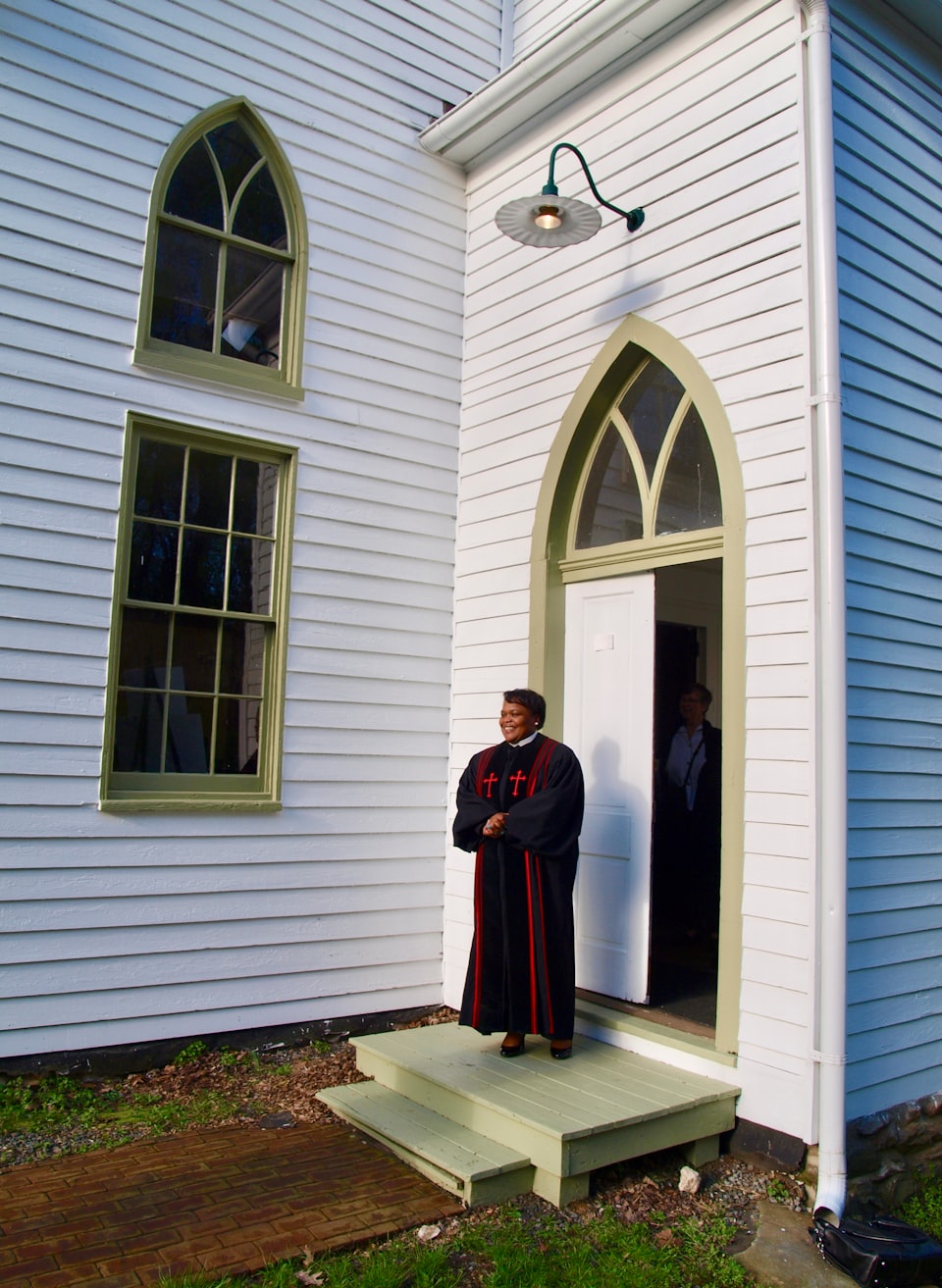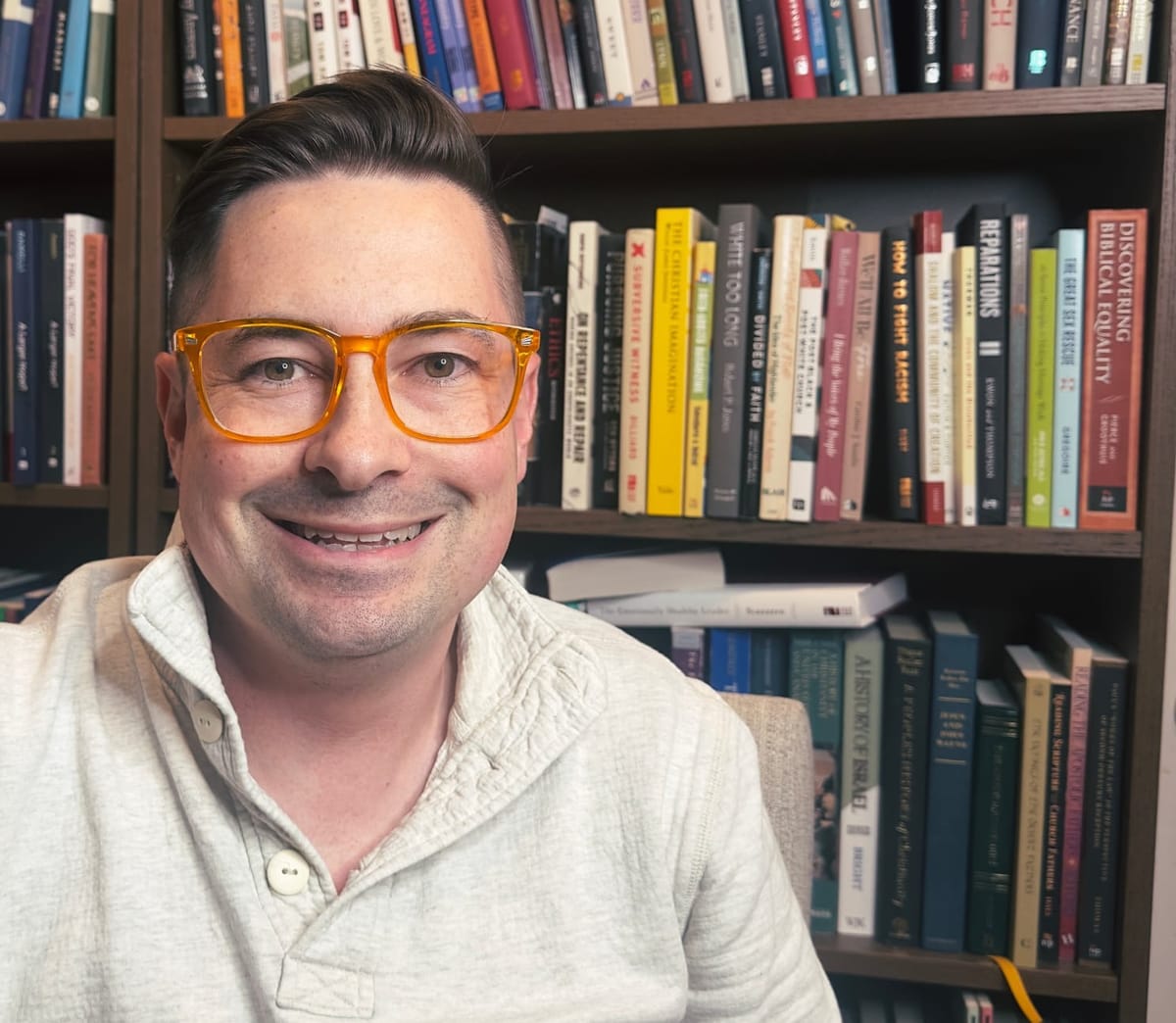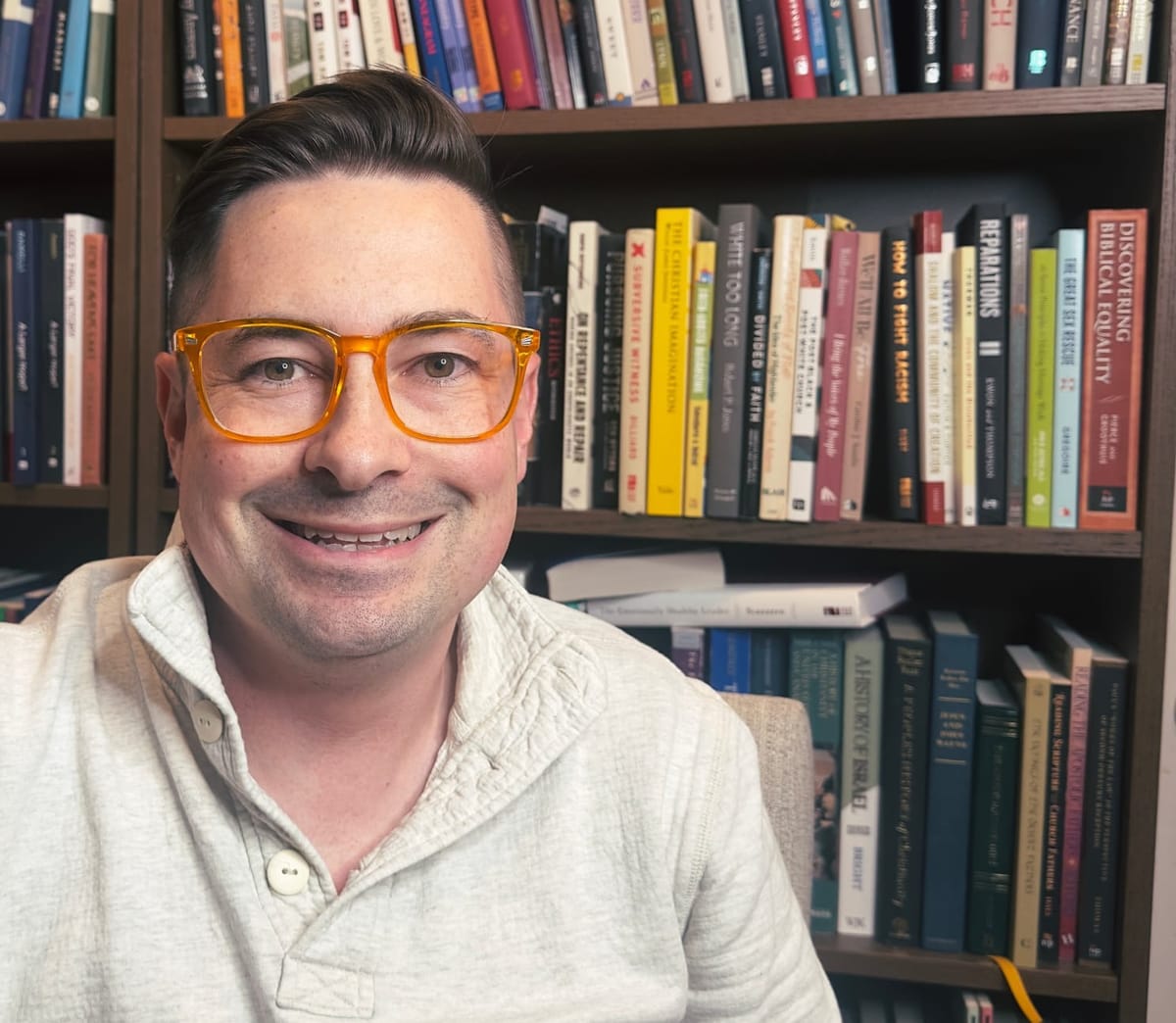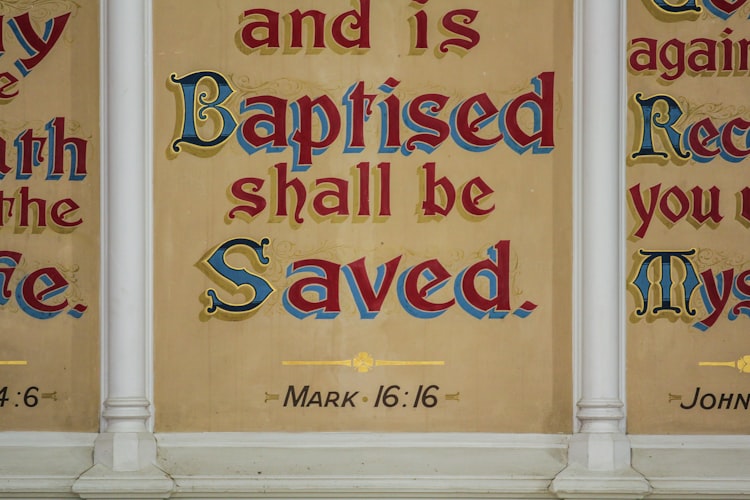Misused Scripture: 1 Timothy 2:12 "I do not permit a woman to teach"

There's a significant portion of the church that believes that women are not allowed to teach. Maybe they can teach kids or other women, but they can't have authority or teaching authority over men. And they excuse this gender discrimination based on 1 Timothy 2, where Paul is telling Timothy, "I do not permit a woman to teach or to have authority."
Now, if you have a sort of "the Bible says it, that settles it" view of biblical inspiration and authority, that's the end of the ballgame. But it's hard to square that sort of "for all time, women can't teach" view with the rest of the New Testament.
- You have women who are the first ones to evangelize to the apostles about the resurrection.
- You've got Priscilla and Aquila who correct Apollos's bad theology.
- You have Phoebe who is the first exposer of the Book of Romans.
- You have Junia who's esteemed among the apostles.
- You have women who are leading church plants, and not just in a serving hors d'oeuvre sort of way.
So what the hell is happening in 1 Timothy chapter 2? Well, three things.
- The primary verb is the verse above, verse 11, that says "a woman must learn." That's the primary imperative verb of the passage. A woman should learn. And that's fairly revolutionary language in an ancient culture where women were either not allowed to be educated or only be educated so much.
- Paul says, "I do not allow a woman." That is a present active indicative Greek verb that can rightly be translated "I am not currently permitting a woman to teach or to have authority." Therefore, it's not a for-all-time command. Paul had Greek grammar available to him to give a once-for-all command, but he didn't. Rather Paul gave a time-limited command about a woman who is learning should not be currently teaching or assuming authority.
- Thirdly, that word "authority" in verse 12 is the Greek word authentain and it's used entirely once in the whole New Testament. Outside of the New Testament in the first century, authentain meant to usurp authority or to take authority in a violent way. In later centuries it came to mean murder or strangulation. There are other words for authority in Greek that Paul could have used, but he didn't use those. He used authentain, a specific sort of violent coercive authority.
So the message of 1 Timothy chapter 2 is:
- A woman should learn. 👍🏻
- It's a temporary condition, not a for-all-time condition. And—
- The sort of thing that Paul is trying to prevent is that someone—a woman, specifically—who's a student that should not be usurping authority by teaching.
Contextually, this makes sense. Paul is writing to Timothy, a pastor in the city of Ephesus. Ephesus was home to the Temple of Artemis which had a cult that kind of empowered a she-woman-man-hating club. Therefore it's possible that there were women coming into the church, receiving education, but not finishing that education and instead trying to usurp authority over others.
What this passage is not doing is it giving a for-all-time-and-all-places command that women should never teach. That would clearly contradict the rest of Paul's ministry and the New Testament.
See also:










Member discussion